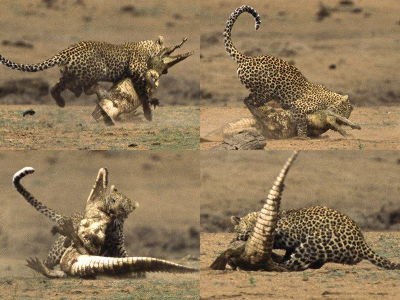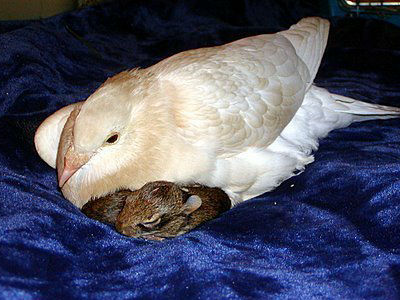What is the reason why New Zealand penguins ``throw away the first egg and hatch the second egg''?

by
The slater penguin , which breeds in the Antipodes Islands and Bounty Islands located in the south of New Zealand, is known for its strange breeding behavior of ``throwing away the first laid egg and hatching the second laid egg''. . Researchers have reported the results of the survey as to why slater penguins have such habits.
The breeding biology of erect-crested penguins, Eudyptes sclateri: Hormones, behavior, obligate brood reduction and conservation | PLOS ONE
https://doi.org/10.1371/journal.pone.0275106
Why erect-crested penguins reject their first egg and lay a second one
https://phys.org/news/2022-10-erect-crested-penguins-egg.html?deviceType=desktop
Erect-crested penguins always reject their first egg and lay another | New Scientist
https://www.newscientist.com/article/2341866-erect-crested-penguins-always-reject-their-first-egg-and-lay-another/
In 'bizarre behavior,' New Zealand penguins lay one egg, reject it, and then lay another. Now, scientists know why. | Live Science
https://www.livescience.com/erect-crested-penguins-rejecting-eggs-new-zealand
Slater penguins are thought to breed in monogamous pairs, forming colonies on rocky grounds close to the sea from October to February each year, 'throwing away the first eggs and laying the second.' It has a strange habit of hatching eggs. However, due to the fact that the breeding grounds of the Antipodes and Bounty Islands are quite far from the main island, and landing is regulated by the New Zealand government, research has not progressed much.

by
Mr. Lloyd Davis, a researcher at the University of Otago , New Zealand, re-analyzed the data when he entered the field in 1998 and conducted a survey of slater penguins and published a paper on breeding behavior. When Mr. Davis first landed on the island, 'There were big cliffs around the island, and there was no place to dock a boat, so we took all our equipment and jumped into the sea and climbed high. I climbed a cliff of 200 feet (about 60 m),' he recalls.
When the research team observed a colony of Schreator penguins, it was found that the second egg was laid on average about five days after laying the first egg. Also, when measuring the size and weight of a total of 70 or more eggs, the second egg was on average 85% heavier than the first egg. Davis told Live Science, a scientific media, ``The second egg is much larger than the first egg, and the difference is the largest among birds.As many birds lay eggs, their size decreases. 'But for the male penguin, the second egg is on average 85% larger than the first egg.'
There was also a hypothesis that the reason why slater penguins lay two eggs is 'insurance when male penguins fight and break eggs'. However, 45% of the male penguins were only seen shortly after laying their first egg, and after that they didn't even show any signs of caring, and the eggs were rarely broken during male fights. . On the other hand, 80% of the first eggs were lost rolling on the rocks or broken by being deliberately poked before or immediately after the second egg was laid, and it does not seem to function as insurance. It seems that there was not.
Just in case, the researchers built a stone fence to keep the eggs from rolling off the rocks, but it didn't increase the rate at which the penguins attempted to hatch the first egg. 'They still rejected the first egg,' Davis said.

by Kimberley Collins
The researchers explained that the penguins inherited a survival strategy of laying two eggs from their ancestors, but only the second, larger egg was used because the cost of food to raise two chicks was too high. I think that it is hatching.
Of course, the simple solution is to 'lay only one egg', but for evolutionary reasons it is possible that only two can be laid. ``You can't have a second egg without having the first one if there's a reason why the penguin prefers the second egg,'' Davis said. It's just a matter of reducing the
Related Posts:







